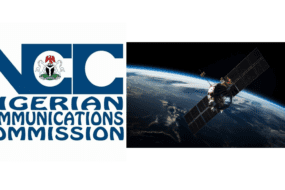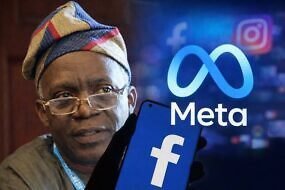Apple is facing legal heat from the Democratic Republic of Congo (DRC) after the tech giant decided to stop sourcing minerals from the country. The reason behind this move is the accusation that Apple’s supply chain is indirectly supporting armed groups involved in violent conflict and exploitation. In response, Congo has taken the matter to court, filing a lawsuit against Apple’s European subsidiaries.
The DRC is one of the largest sources of 3T minerals — tin, tantalum, and tungsten — essential in producing electronic devices like phones and laptops. However, the mining industry in the region has long been tainted by violence, with various armed groups taking control of mining operations. These groups reportedly fund their insurgencies through the exploitation of these minerals, causing widespread harm, including violent crimes and environmental degradation.
Congo’s legal team argues that Apple’s connection to the region, even if indirect, links the company to these atrocities. The lawsuit, filed in France and Belgium, accuses Apple of complicity in war crimes, handling stolen goods, and deceiving consumers about its supply chain’s ethics. Although Apple denies these allegations, the company has instructed its suppliers to cease sourcing minerals from Congo and Rwanda, citing concerns about due diligence and ethical practices. Furthermore, Apple claims that most of its minerals come from recycled sources.
Despite Apple’s attempt to sever ties, Congo isn’t satisfied. The country’s lawyers assert that Apple’s decision to withdraw from the region doesn’t erase the harm caused by its past involvement. They are pushing for European courts to hold Apple accountable, with whistleblower evidence purportedly backing their case.
The situation goes beyond just Apple. Since the 1990s, the mining industry in eastern Congo has been closely tied to armed conflicts, with minerals funding militias and contributing to regional instability. While Rwanda has often been accused of benefiting from this illicit trade, it continues to deny these allegations. Congo’s legal team is also seeking to highlight Belgium’s historical role in exploiting the region, further complicating the case.
As the legal battle unfolds, whether Apple will face consequences for its dealings in Congo or if the company’s commitment to ethical sourcing will be upheld remains to be seen. For now, it’s a standoff, with Congo determined to seek justice for what it views as systemic exploitation while Apple maintains its stance on supply chain integrity. The world will watch as the courts decide the outcome of this high-profile case.







2 replies on “Congo Takes Apple to Court Over Conflict Minerals”
[…] a major departure from its usual business model of licensing chip blueprints to companies like Apple and Nvidia. The company’s CEO, Rene Haas, is expected to unveil the new chip by summer 2025. This […]
[…] Apple is preparing to launch its next iPhone, but it’s not the iPhone 17. Instead, the highly anticipated iPhone SE 4 is expected to make its debut next week. This will be the fourth generation of the “Special Edition” iPhone, arriving three years after its last update. The SE series is known for being the most affordable iPhone, and rumors suggest this new model will cost around $499. If true, this would be a slight increase from the $429 price of the 2022 model. […]